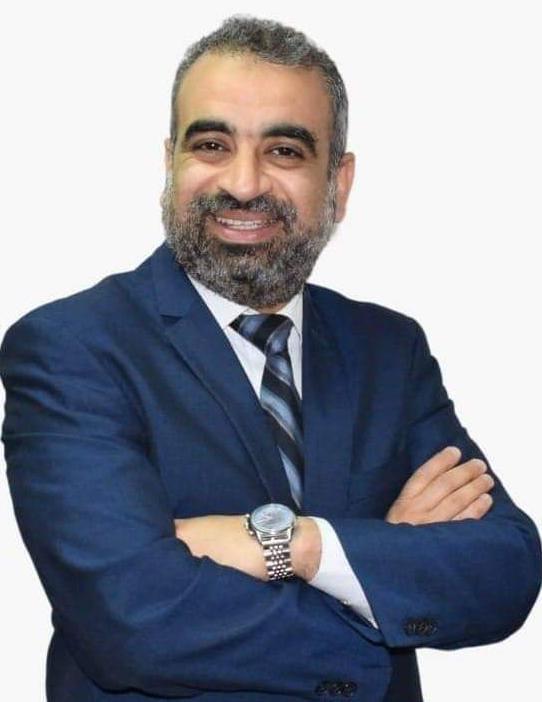Professor Dr. Yousry Thaqeb
Consultant in Cardiac and Thoracic Surgery
Academic Qualifications and Professional Experience:
Consultant in Cardiac and Thoracic Surgery.
Works at the National Heart Institute, one of the most prestigious medical institutions in Egypt.
Member of various specialized medical societies in cardiac and thoracic surgery.
Has extensive experience in performing complex surgeries for patients with heart, vascular, and respiratory conditions.
Provides consultations and treatment for patients with the most complicated conditions in the field of cardiac and thoracic surgery.
Medical Specialties and Services:
1. Cardiac and Thoracic Surgery (Adults and Children):
❤️ Adult Heart Surgery:
Treats heart diseases caused by coronary artery issues, such as blocked or narrowed arteries, requiring surgery to widen or replace obstructed vessels.
👶 Pediatric Heart Surgery:
Performs complex surgeries for children with congenital heart defects, including repairing or replacing damaged heart valves.
🫁 Adult and Pediatric Thoracic Surgery:
Treats chest diseases caused by tumors, lung infections, or issues with the respiratory system.
❤️ Heart Transplant Surgery:
Performs heart transplant surgery for patients with chronic heart failure that does not respond to medical treatment.
2. Advanced Surgical and Therapeutic Procedures:
🔴 Coronary Artery Dilation:
Interventional catheterization procedure to widen blocked or narrowed coronary arteries, improving blood flow to the heart muscle.
🔧 Heart Valve Replacement Surgery:
Surgical procedure to replace or repair damaged heart valves causing heart failure or other health problems.
🩺 Cardiac Catheterization and Stents:
Diagnostic or therapeutic catheterization to treat coronary artery blockages using stents.
💉 Coronary Artery Bypass Surgery (CABG):
Surgical procedure to open blocked coronary arteries using coronary artery bypass grafting (CABG).
🫀 Lung Surgery:
Includes removal of lung tumors, treatment of acute lung infections, or surgical treatments for other lung-related diseases.
🔍 Esophagus Surgery:
Treats disorders of the esophagus such as tumors or diseases affecting the movement of food within the esophagus.
🎥 Thoracoscopic Surgery:
An advanced technique for extracting tissue samples or treating conditions in the chest using a precise camera.
💔 Open Heart Surgery:
A complex procedure to repair or replace heart valves or address internal heart issues.
3. Additional Services:
🫁 Lung Tumor Diagnosis:
Diagnosing and treating lung tumors, whether benign or malignant.
🔬 Thoracoscopic Procedures:
Surgical procedure using thoracoscopy to examine and treat chest conditions without the need for a large open incision.
🤲 Excessive Sweating Treatment (Palmar Hyperhidrosis):
A surgical procedure to treat excessive sweating in the palms of the hands using advanced techniques like endoscopic surgery.
🏥 Intensive Care:
Providing intensive care for critical heart and chest conditions, including patients who need careful monitoring after major surgeries.
💉 Post-Open Heart Surgery Follow-Up:
Offering care and follow-up after open heart surgery to ensure the patient's proper recovery.
Working Hours:
🗓️ Saturday: From 3:00 PM to 5:00 PM
Clinic Location:
📍 Address:
2/2 Zahraa Maadi Main Street,
Nirco Buildings - Fifth Dega Area,
Maadi, Cairo.
Contact Numbers:
📱 Mobile:
01559697707 – 01095983848
📞 Landline:
0225191000
Why Choose Professor Dr. Yousry Thaqeb?:
🔬 Extensive experience in performing complex surgeries for heart and chest patients.
💖 Advanced therapeutic procedures to ensure the highest level of care.
🏥 Comprehensive care before and after surgical procedures.
🌟 Excellent reputation at the National Heart Institute and leading hospitals.

